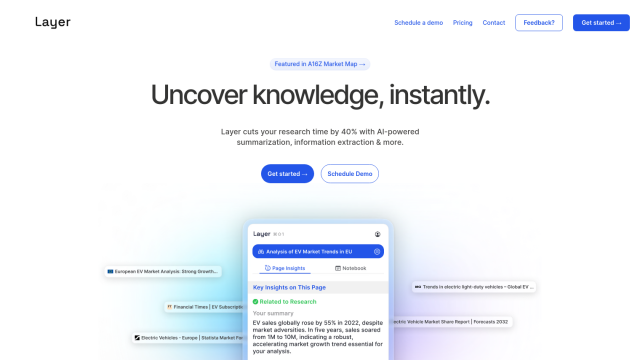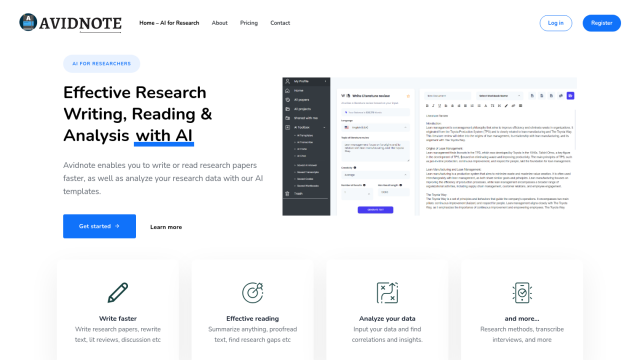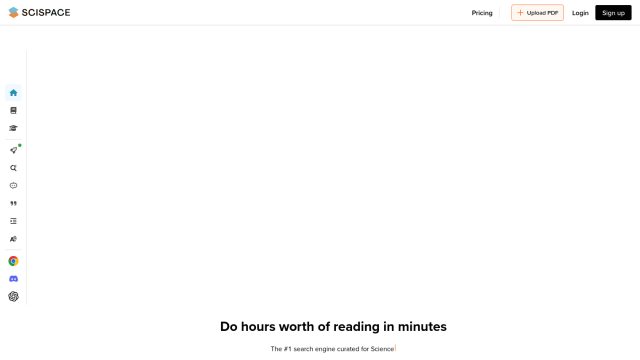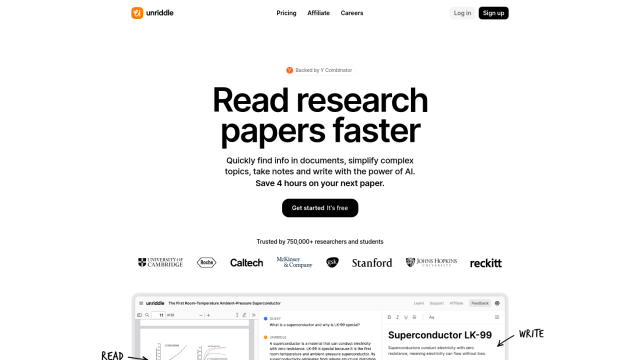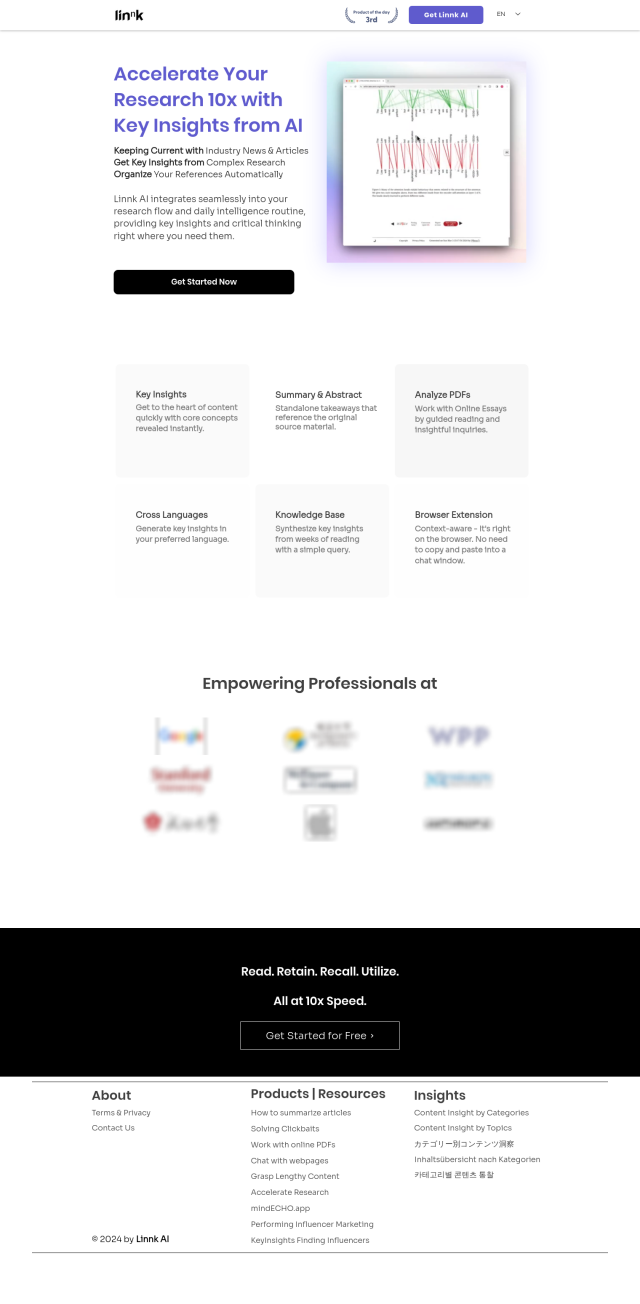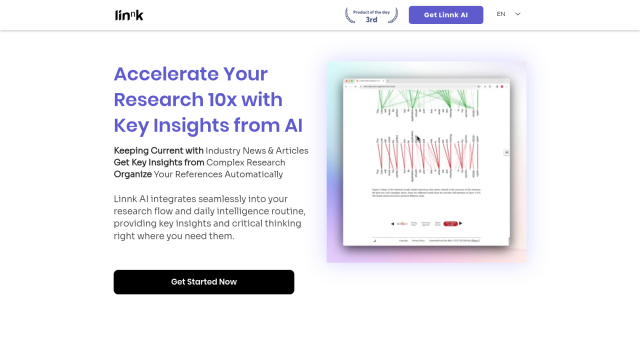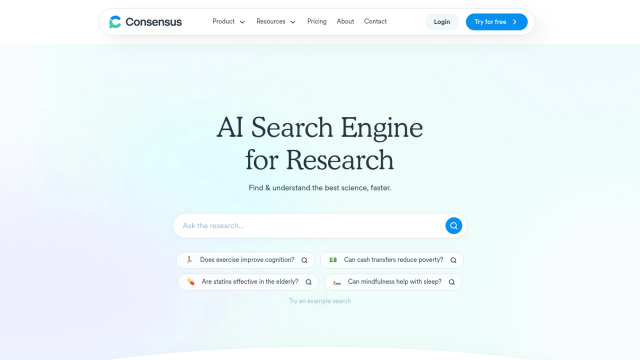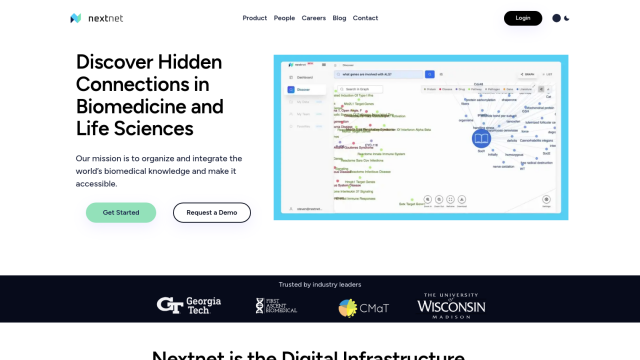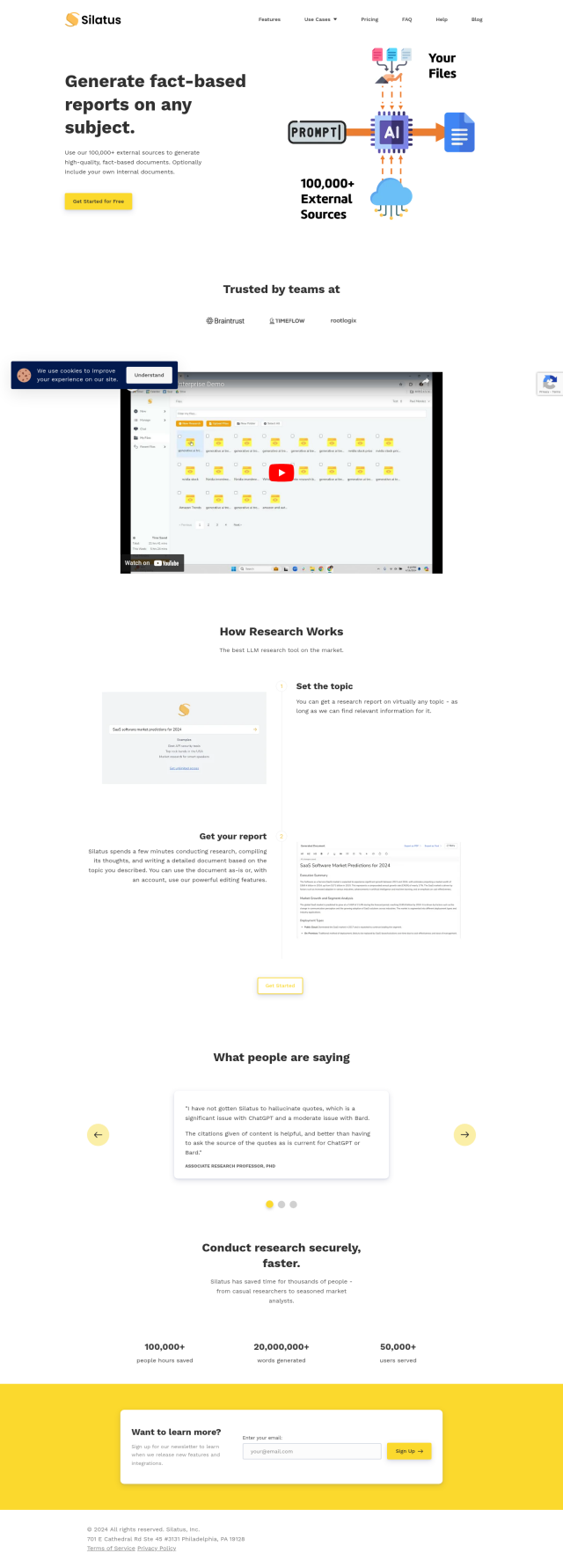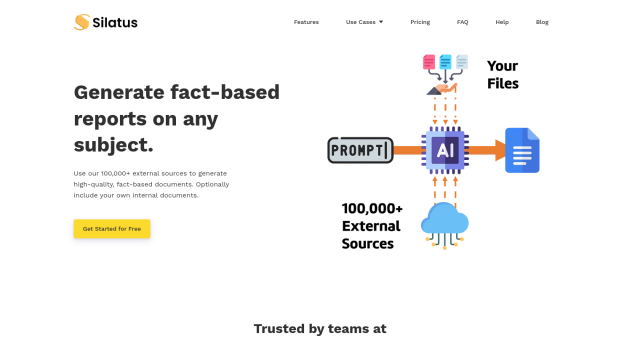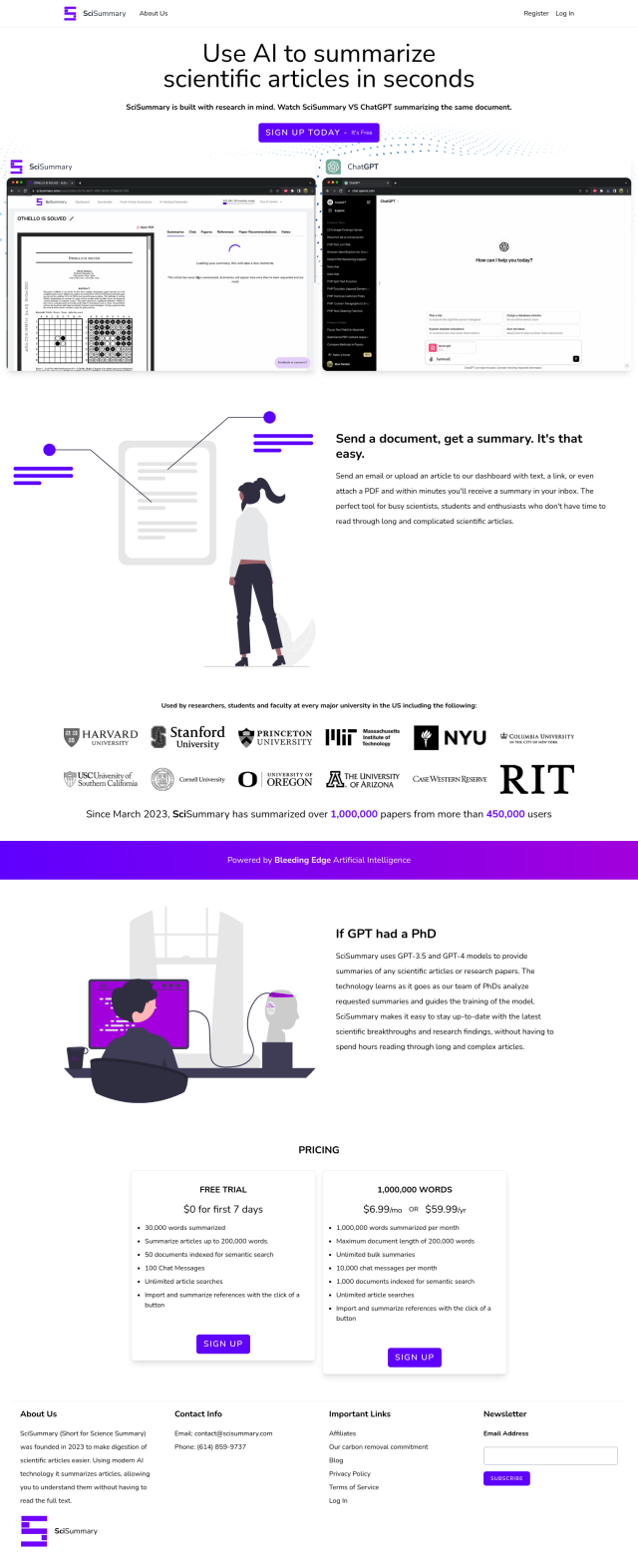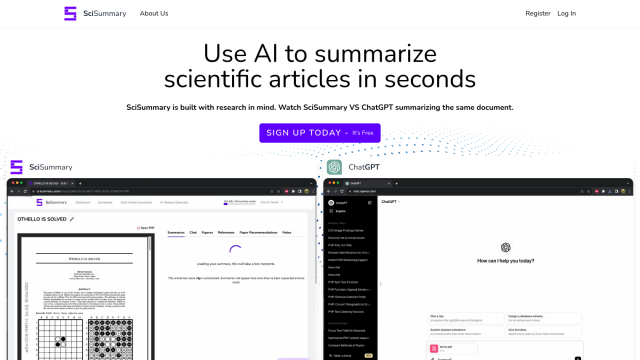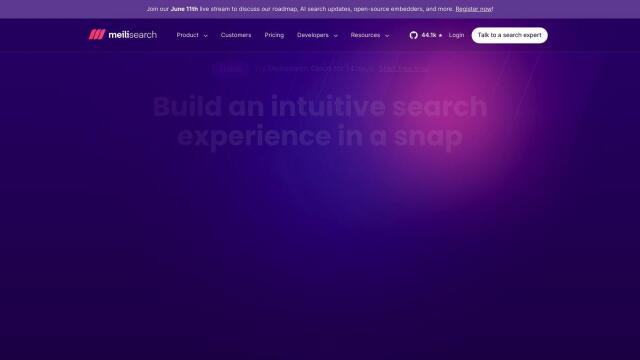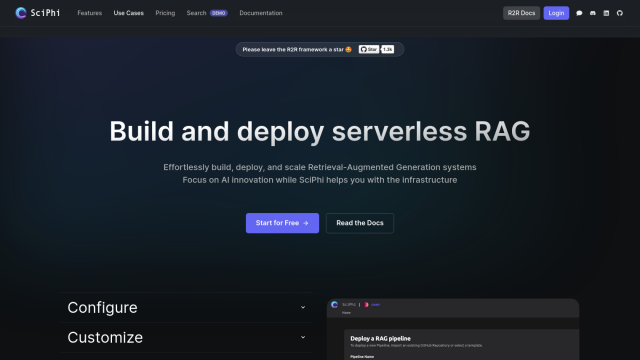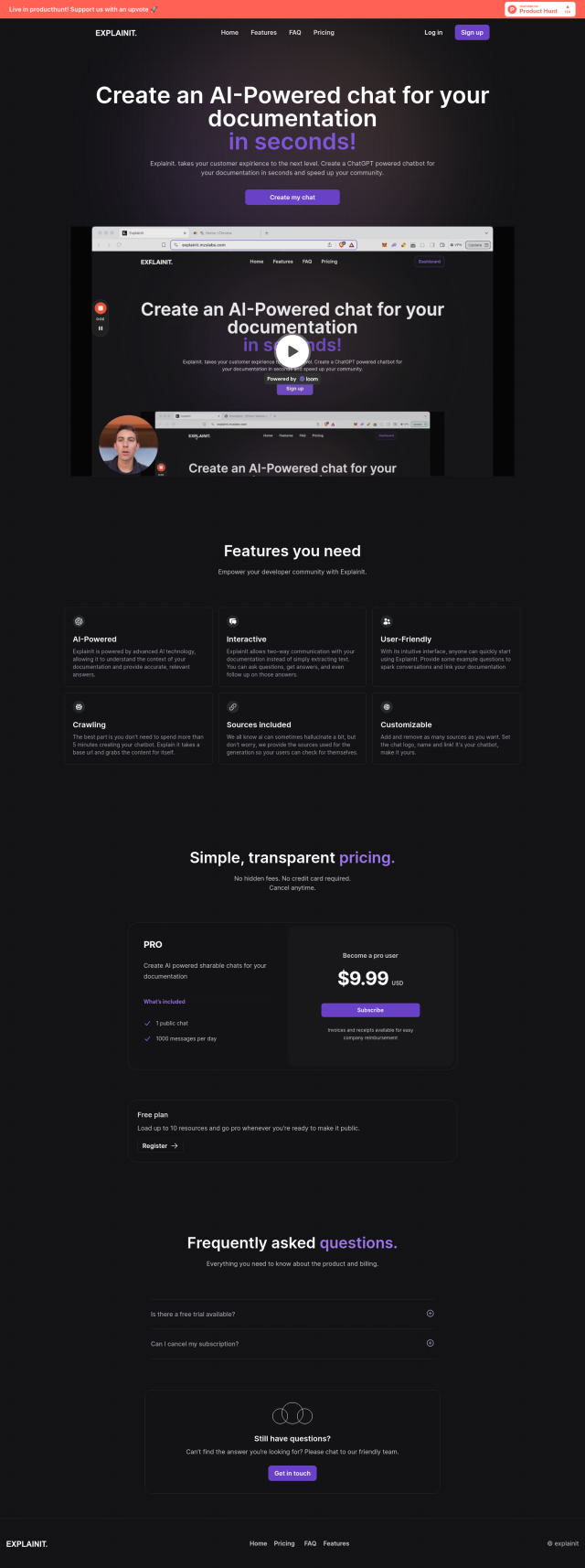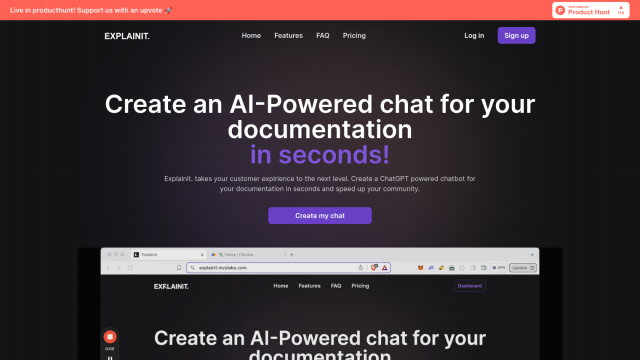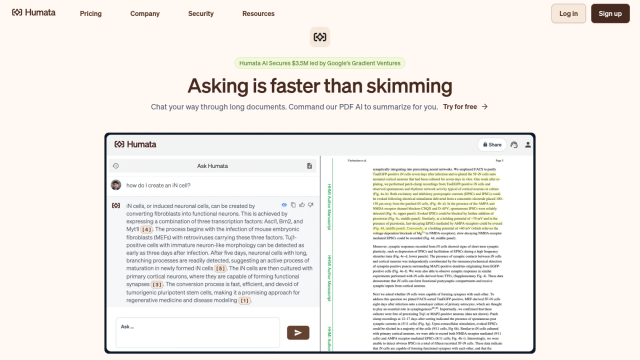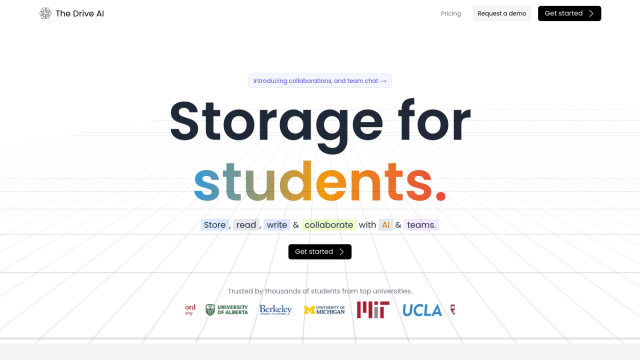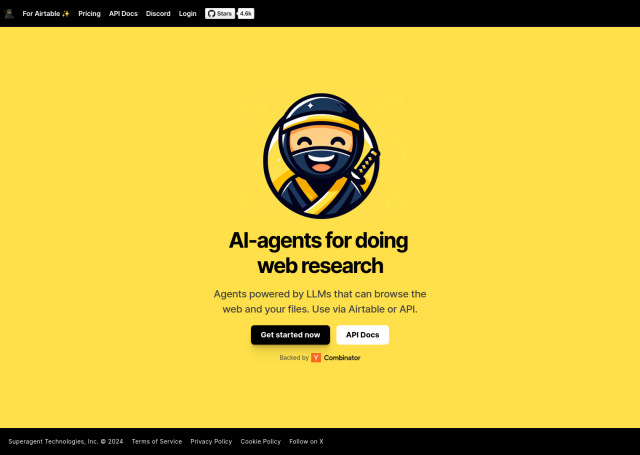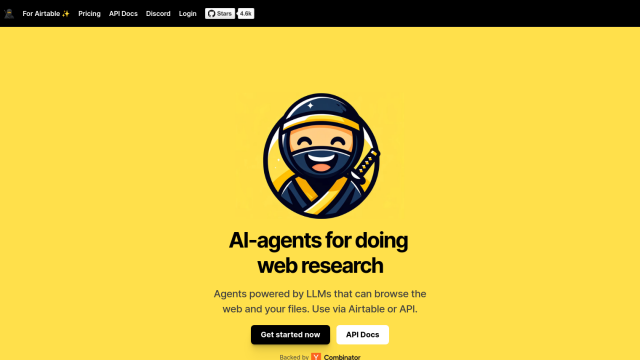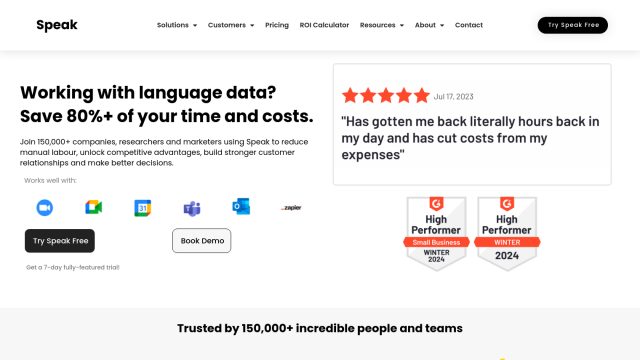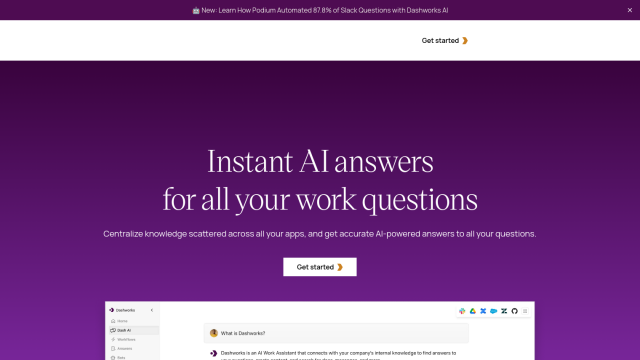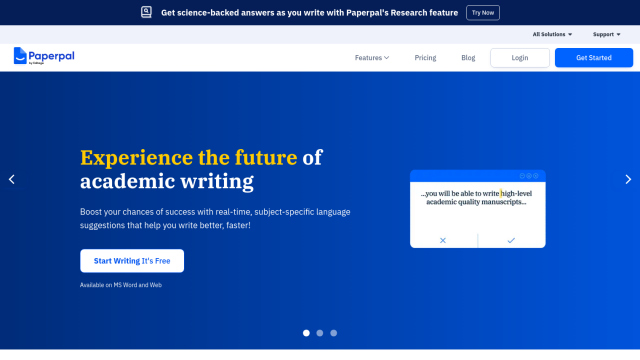Question: I need a search tool that can include my past research and provide contextualized results.

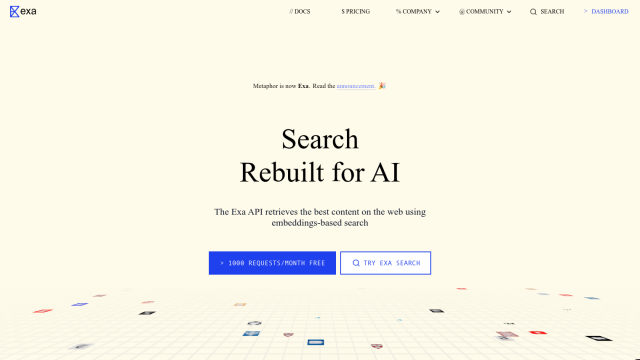
Exa
If you want a search engine that can incorporate your own history and return results that are contextualized, Exa is a top contender. It uses modern embeddings and transformer-based models to return results that are contextualized. It accepts natural language search queries, fetches webpage content on the fly, and automatically processes thousands of results. With its focus on high-quality web pages, continuous updates and similarity search, Exa hopes to make the web a more useful information repository.

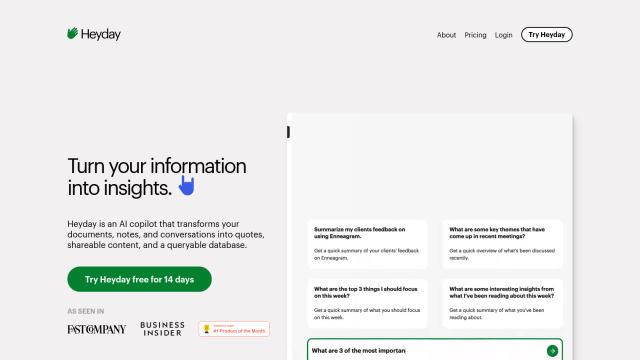
Heyday
Another interesting tool is Heyday, an AI-powered information retrieval system that can turn documents, notes and conversations into information. It can summarize emails, documents and articles, and even take notes during meetings. Heyday's contextualized search and knowledge base are geared for people who need to process a lot of information, like professionals. With features like automatic meeting notes and app integrations, it can help you get more done and make decisions more confidently.

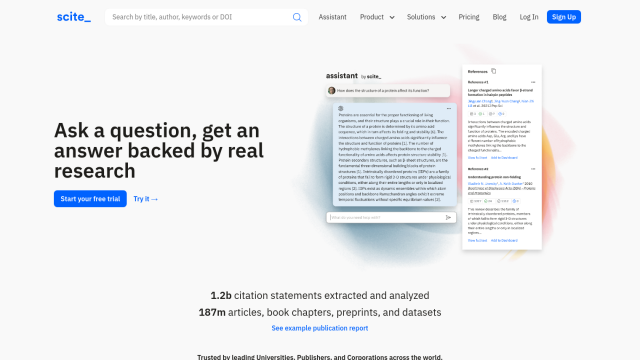
Scite
For a more specialized tool, Scite can offer Smart Citations that can help you get more out of your research by adding context and categorization of evidence. It stands out with its broad database and customizable dashboards, making it a good fit for researchers, universities and companies. Scite's interest in ensuring proper citations and tracking insights through journal metrics can help you get a lot more out of your research.

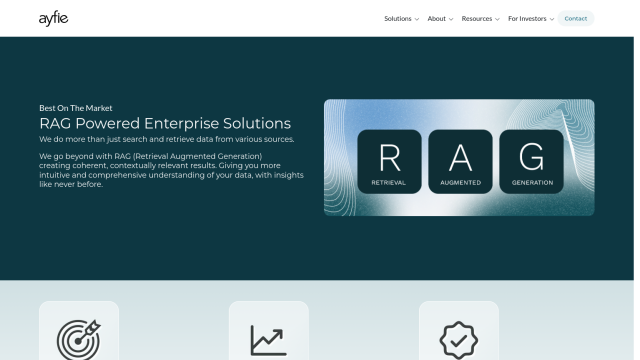
Ayfie
Last, Ayfie offers a more advanced enterprise search and integration tool. Its Retrieval Augmented Generation (RAG) technology offers contextualized results while preserving the document hierarchy and relationships. Ayfie's real-time insights and integration with existing systems means it can be a good tool for making decisions and getting a better understanding of what's going on.

